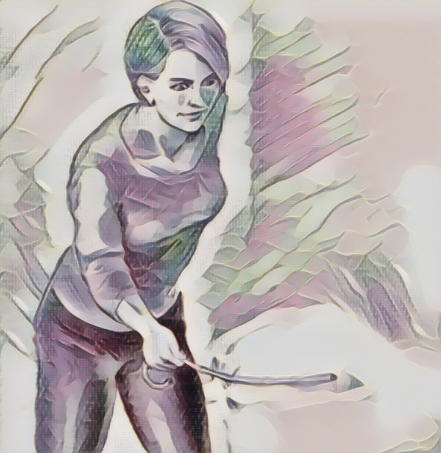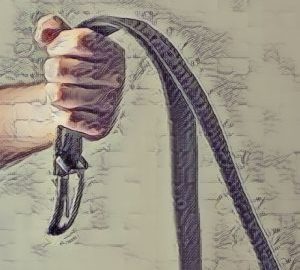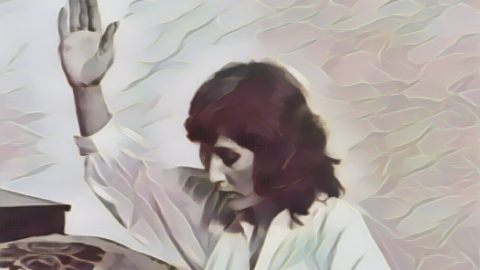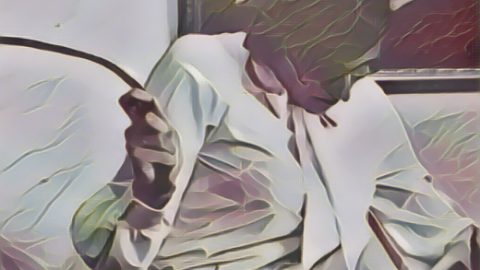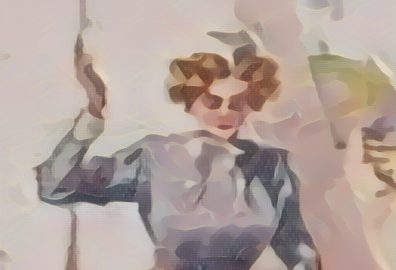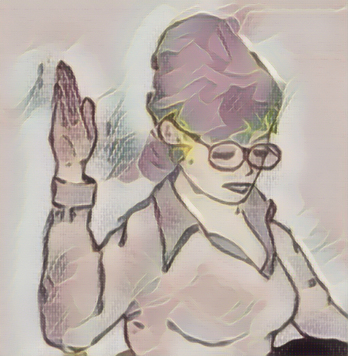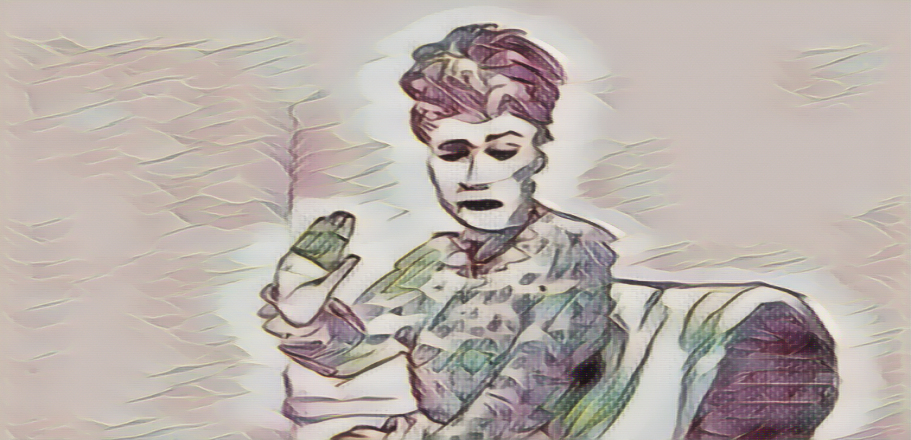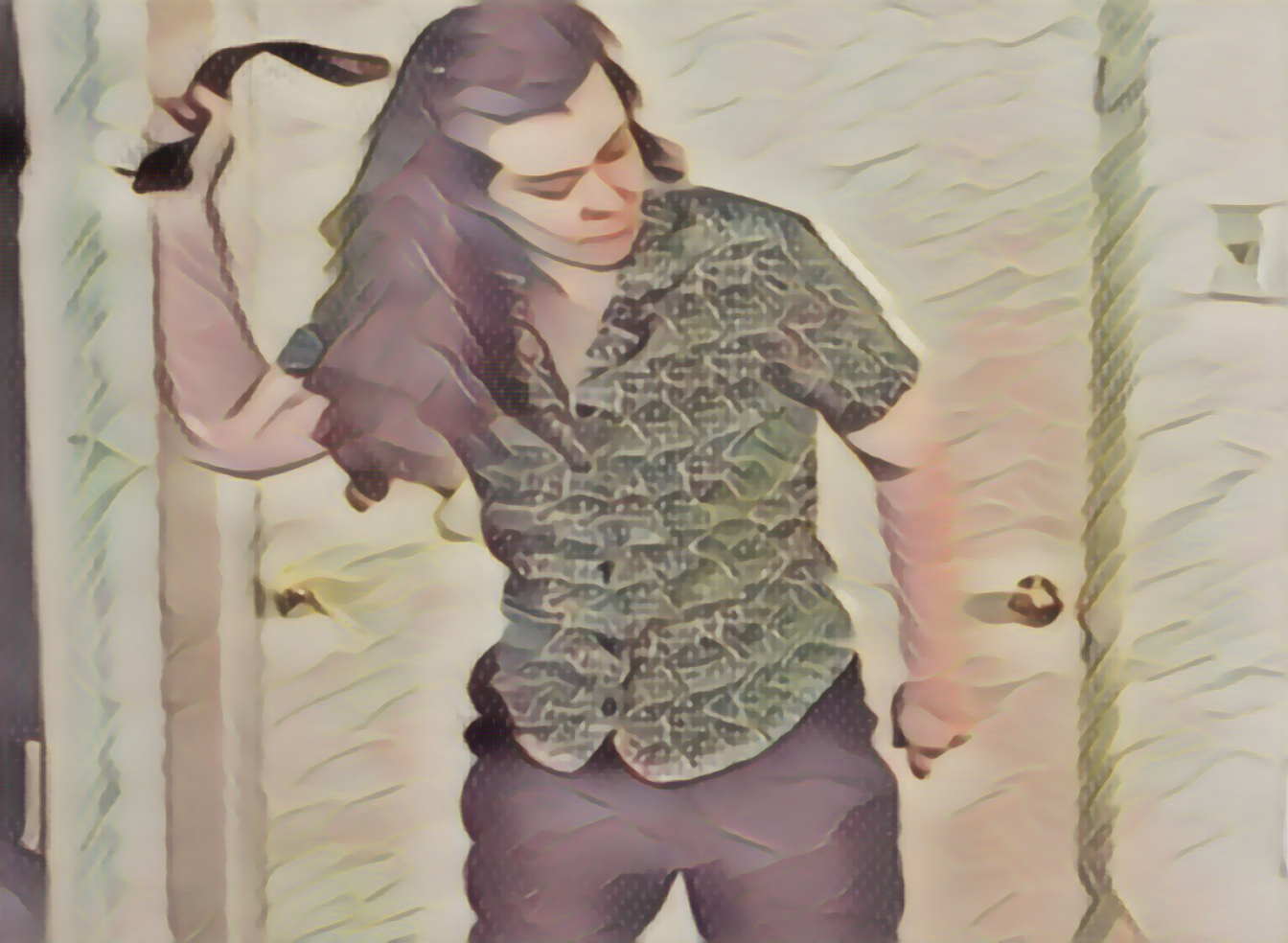(gap: 2s) The summer of 1947 was a most extraordinary one, the sort of English summer that glimmers in memory like a golden coin at the bottom of a pond. The air was thick with the scent of privet hedges, and the world, though battered by war, seemed to be holding its breath, waiting for something marvellous to happen. Rationing was still in place, and the echoes of the conflict lingered in the careful patching of trousers and the faded bunting that fluttered in the breeze. My parents, Margaret and Edward, both still marked by the invisible fingerprints of blackouts and air raids, were summoned to South America on mysterious business—something to do with tea, or perhaps rubber, though the details were always shrouded in grown-up secrecy. And so, I was sent to stay with my Aunt Dorothy in Surrey, whose house was a sprawling semi-detached with a garden that seemed to stretch on forever, at least as far as the old Anderson shelter at the very end.
Aunt Dorothy was a woman of boundless energy, her hair always curled as tightly as a spring, and her apron as much a part of her as her brisk, no-nonsense manner. She had two children: George, a year older than I, whose imagination was as wild and untamed as a jungle, and Arthur, a year younger, who possessed a remarkable talent for mischief and an even greater talent for escaping the consequences. My own mother, Margaret, was a lady of iron will and unwavering standards. “Spare the rod and spoil the child,” she would declare, wielding her trusty hairbrush with the precision of a general. Before I left, she drew me aside, her voice grave and her eyes serious: “Dorothy has full authority, mind. You will behave, or you shall answer to her—and to me when you return.”
Life at Aunt Dorothy’s was a curious mixture of freedom and discipline. We roamed the garden, pretending to be Spitfire pilots, and occasionally raided the larder in search of the last precious tin of peaches. It was about a fortnight into my stay when the infamous incident occurred. George, Arthur, and I had ventured to the common, chasing after a makeshift football cobbled together from old socks and string. The sun was high, and the world felt as if it might go on forever. We lost all sense of time, only returning when the church bells tolled five—a full three hours later than we ought to have. Aunt Dorothy stood in the doorway, arms folded, her expression as stern as any headmistress. “Inside, all of you. Rumpus room. Now.” Arthur’s lower lip trembled. “We are in for it,” he whispered, barely audible. “She will fetch the cane, you will see.” I tried to sound brave, but my insides were in turmoil.
The rumpus room was a relic of wartime, with blackout curtains still drooping and a faint smell of dampness lingering in the air. Aunt Dorothy’s office adjoined it, a place of mystery and, on this day, dread. She called George in first. He shuffled past us, his face as pale as the milkman’s cart. The door did not quite close, and though we could not see, we could hear every word. Arthur clutched my hand, his knuckles white. “It is the cane, I know it,” he sobbed. “It is dreadful, truly dreadful.” I admitted I had never been caned before. He looked at me with wide, fearful eyes. “It is worse than the hairbrush. Much worse.”
(pause) The air in the rumpus room was thick with anticipation, the sort that settles before a thunderstorm. The faint ticking of the mantel clock seemed to grow louder, each second stretching out interminably. We listened, hearts pounding, as Aunt Dorothy’s voice rang out, clipped and precise. “Bend over, George. Hands on the chair.” There was a pause, then the unmistakable swish of cane through air, followed by a sharp crack and George’s muffled groan. The sound was chilling, echoing off the walls still marked by wartime blackout paint. Arthur’s tears began to flow, silent at first, then growing in intensity. Another swish, another crack, and George’s resolve broke; he began to sob, the sound echoing in the stillness. My own courage was ebbing away, replaced by a cold dread that seemed to seep into my very bones.
(pause) The third stroke landed, and George cried out, a sound that seemed to fill the whole house. The cane, a relic from before the war, was kept in a cupboard with other implements of discipline—a symbol of the old order, of rules that had survived bombs and ration books alike. Arthur, trembling, whispered, “She keeps two canes, you know. One for George, one for me. The thick one is for the boys.” I swallowed hard, wishing I were anywhere but there, the world outside suddenly distant and unreachable.
(pause) The fourth stroke made George howl, and he pleaded, “Please, Mother, I have learnt my lesson!” Aunt Dorothy’s reply was brisk, her voice as unyielding as the ration lines: “Back in position, or we start again.” Her authority was absolute, forged in the crucible of war and loss. The fifth stroke drew a wail from George, and Arthur squeezed my hand so tightly it hurt. “One more, just one more,” he whispered, as if saying it might make it true. The air was heavy with the scent of lavender polish and old coal dust, the trappings of a house that had seen too much.
(pause) The cane whistled through the air again, and George’s shout was louder than ever, raw and desperate. I glanced at Arthur; he was shaking his head, tears streaming down his cheeks. The seventh and eighth strokes followed in quick succession, each one punctuated by George’s cries, the sound of childhood innocence being stripped away by the old, unyielding codes of discipline. At last, Aunt Dorothy’s voice: “Stand against the wall, and do not dare to rub.” George stumbled out, red-eyed and sniffling, and pressed his face to the wallpaper, the pattern blurring through his tears.
(pause) Now it was Arthur’s turn. He was trembling so much I thought he might faint. Aunt Dorothy called him in, and I could hear her voice, softer now but still firm: “Bend over, Arthur. Hands on the chair.” The first stroke landed, and Arthur let out a cry that made my stomach twist. The next two strokes brought forth promises to be good, but Aunt Dorothy was unmoved. “Stay in position, or we begin again,” she warned, her words as cold and final as the blackout nights we all remembered.
(pause) By the sixth stroke, Arthur was sobbing uncontrollably, his cries muffled by the cushion he clung to. The seventh stroke required another admonition to bend back over, and by the eighth, he was a wreck. The cane left angry red stripes, a physical reminder of the boundaries we had crossed. Aunt Dorothy’s voice was cold as she instructed Arthur to stand beside his brother, hands at his sides, and not to rub his bottom. The discipline was not merely punishment, but a ritual—a way of restoring order in a world that had so recently been turned upside down.
(pause) Then it was my turn. My legs felt like jelly as I entered the office. George and Arthur stood against the wall, their faces blotchy and tear-streaked, the wallpaper behind them a silent witness to our ordeal. Aunt Dorothy regarded me with a look that brooked no nonsense, her eyes steely but not unkind. “You, young man, are about to learn a lesson you will not soon forget.” The cane, polished smooth by years of use, lay on the desk—a symbol of authority, of the old ways that had survived the Blitz and the privations of peace.
(pause) She instructed me to bend over, hands on the desk. The surface was cool beneath my palms, and I could hear George and Arthur’s quiet sobs behind me. My heart hammered in my chest as I waited, every muscle tense, the silence broken only by the distant clatter of a milk cart in the street. The anticipation was almost worse than the punishment itself, a slow, creeping dread that seemed to fill the room.
(pause) Aunt Dorothy tapped my bottom with the cane, measuring her aim with the precision of someone who had weathered far greater storms. Then came the swish, the crack, and a moment of numbness before the pain exploded across my backside. I gasped, the breath knocked out of me. I had never known anything like it—sharp, searing, and utterly inescapable. The world seemed to narrow to a single point of agony.
(pause) The second stroke seemed to take an age to arrive. When it did, I leapt up, clutching my bottom and howling, the sound echoing in the small, dim room. Aunt Dorothy’s voice was sharp, but not cruel: “Back in position, or we start again.” I forced myself to bend over, tears streaming down my face, the shame of it almost as bad as the pain. The repeat stroke landed in the same spot, and I screamed, but managed to stay put, determined not to prolong the ordeal.
(pause) Two more strokes followed, each one lower and more painful than the last. By now, I was sobbing openly, my pride forgotten, the lessons of the war—endurance, stoicism, obedience—echoing in my mind. The next stroke landed low, and I thought I might faint from the pain. My whole body shook, and I could barely form words, the world reduced to the sting of the cane and the sound of my own ragged breathing.
(pause) The sixth stroke was the worst yet, right at the base of my bottom. I jumped, yelping, but somehow kept my hands in place. The seventh caught my upper thighs, and I could only sob, the pain blinding, the memory of air raid sirens and ration queues mingling with the present agony. I prayed for it to end, for the world to right itself once more.
(pause) The final stroke landed on an already sore spot, and I screamed, convinced I could not bear another. At last, it was over. Aunt Dorothy took me by the arm and marched me to the wall, where I joined George and Arthur, all three of us sniffling and red-eyed, the silence between us heavy with shared suffering and a strange, unspoken solidarity.
(pause) We stood there for what felt like an eternity, the ticking of the mantel clock the only sound, each second a reminder of our transgression and its consequences. Aunt Dorothy eventually returned, her voice softer now, the storm having passed. “You will remember this, I trust. There will be no more nonsense.” We nodded, chastened and sore, the lesson etched as deeply as the welts on our skin.
(pause) For days afterwards, sitting was agony. The welts and bruises lingered, a reminder of our misadventure and the unyielding standards of a generation forged in hardship. At mealtimes, my uncle—home from the office, his moustache bristling—would wink at us as we shifted uncomfortably on the hard wooden chairs. “Discipline builds character,” he would say, though not unkindly, his words carrying the weight of a world that had survived so much.
(pause) That summer, the world seemed to grow a little larger and a little more serious. The war was over, but its lessons lingered in every household, in every rule and every reprimand. I never forgot the cane, nor the lesson it taught me. Once was quite enough, thank you very much.
